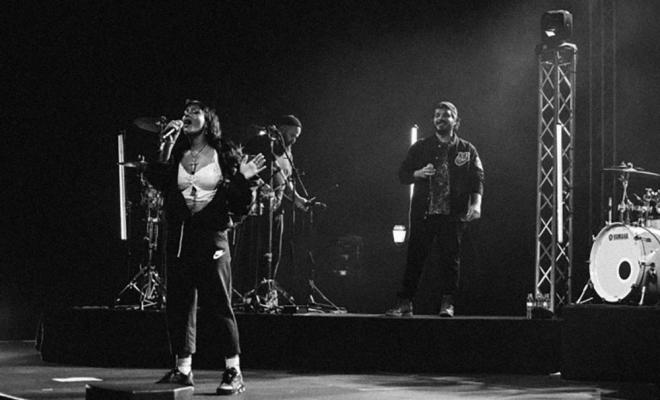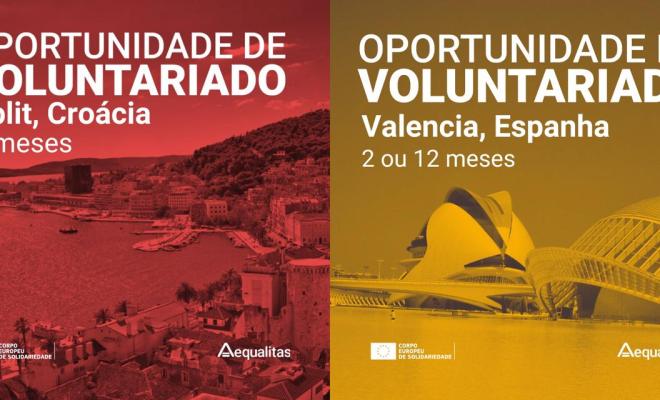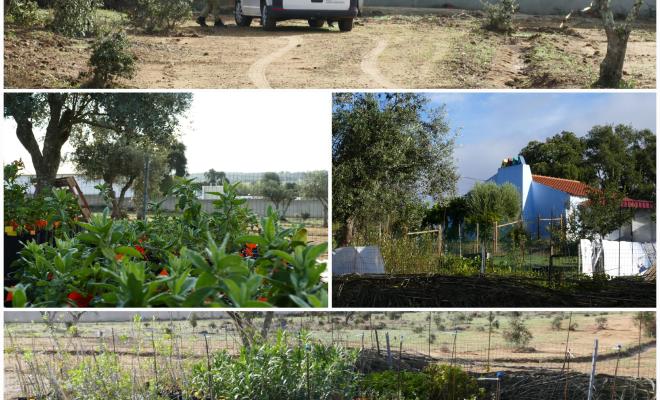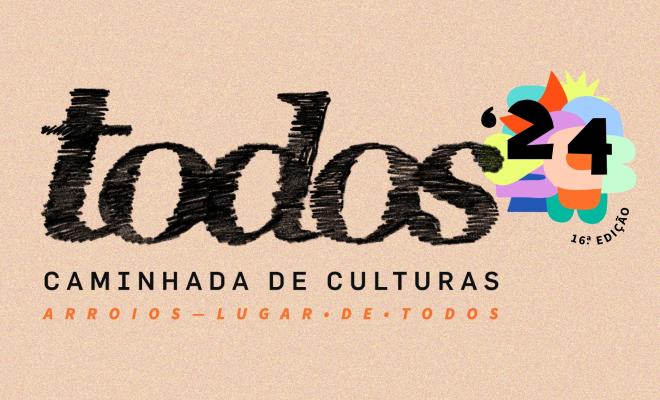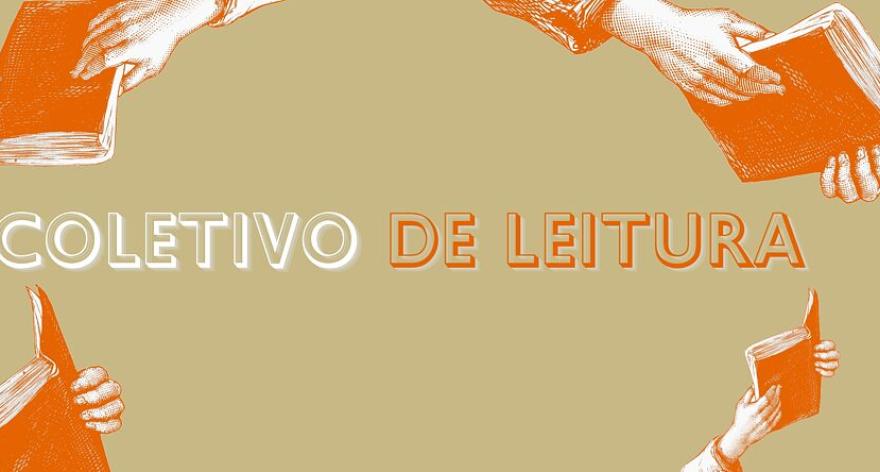
The Coletivo de Leitura (Reading Collective in English) is an initiative led by Ana Lúcia da Silva Reis, and it will take place on the third Thursday of every month at the Goethe-Institut library in Lisbon. The primary aim is to create a space for sharing, dialogue, critical thinking, and reflection. Through the selected readings, which can be either prose or poetry, the hope is that those who participate will have the opportunity to engage with current topics of interest, debate them, and explore them further together. This initiative is intended to help counteract the polarization and radicalization that is occurring in society, especially on social networks.
This reading and debate platform emerges from the desire to establish a collective, diverse, and democratic space for intellectual and emotional growth. Each session will revolve around a different theme, and the attendees will have a say in choosing the books to be read.
All sessions are open to the public, and no registration is required for those who simply want to listen and participate in the discussions. However, for those who wish to read, prior registration is mandatory. Participants must provide information about the book they plan to bring, as there will be a limit of up to 10 readings per session. Each registered person will have two reading sessions, each lasting approximately 5 minutes. The session lasts roughly 2 hours, divided into two distinct segments. During the first hour, people read aloud from the selected books, and in the second hour, there is an open discussion on the chosen theme and the readings.
Coletivo de Leitura is generously supported by the Goethe-Institut of Portugal, a member of the Anna Lindh Foundation's Portuguese Network. Established in 1962, the Goethe-Institut has a 60-year history of promoting intercultural communication between Portugal and Germany. It maintains two institutes in Portugal, one in Lisbon and the other in Porto. The Goethe-Institut in Portugal engages with approximately 180,500 people each year through its numerous events, diverse training courses, comprehensive information services about Germany, and guidance and training for German teachers and students of the German language and culture.
The Cultural Department serves as a catalyst for dialogue, exchange, and interaction between German and Portuguese artists and researchers. It addresses current German trends and promotes intercultural collaborations in various fields, including film, dance, music, theater, art, literature, and translation. In partnership with Portuguese organizations, the Goethe-Institut organizes readings, exhibitions, conferences, film screenings, concerts, and also supports the participation of German artists in festivals.
